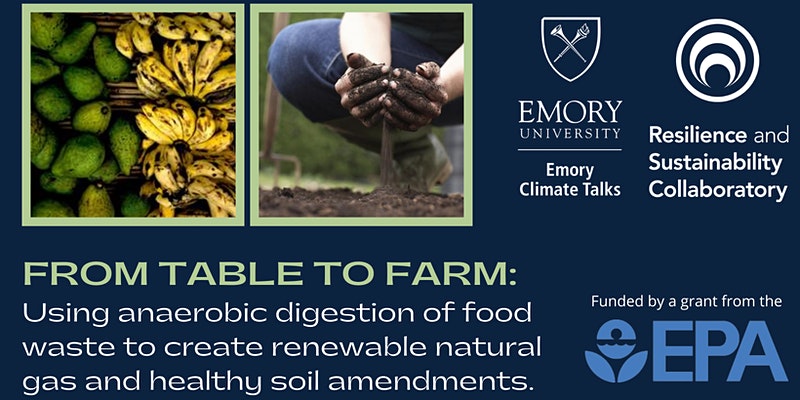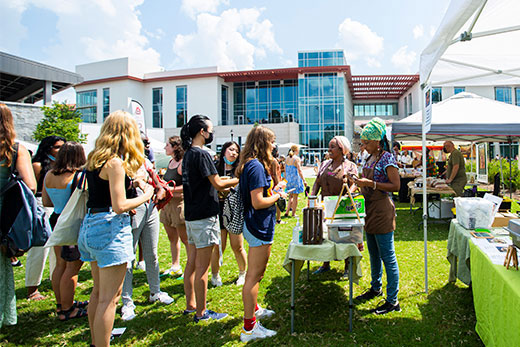Educational Gardens Workday: Clairmont Campus Garden
What’s the best break from classes and work? Gardening! This semester is the perfect opportunity to work with the Emory Education Garden Project’s seven garden plots! Meet up with other members of the Emory community and Erik Edwards, the Educational Gardens Coordinator, for some light gardening, and take home your own harvest of veggies! Tools … Continue Reading →




